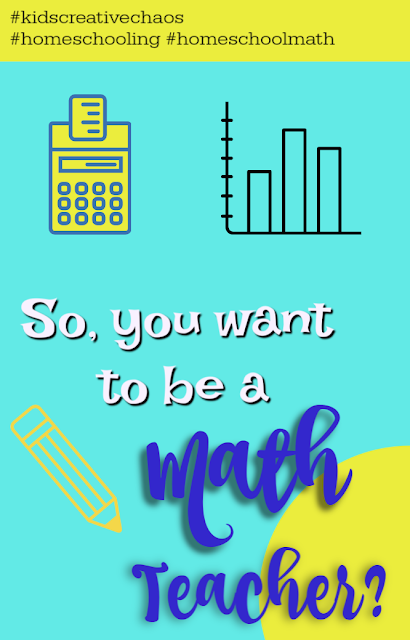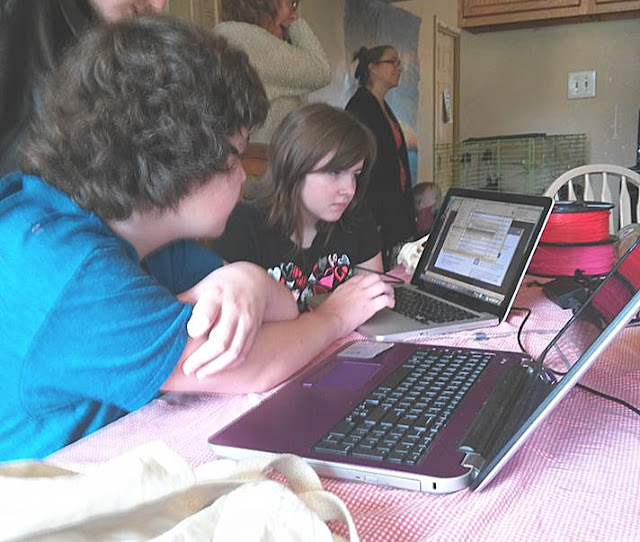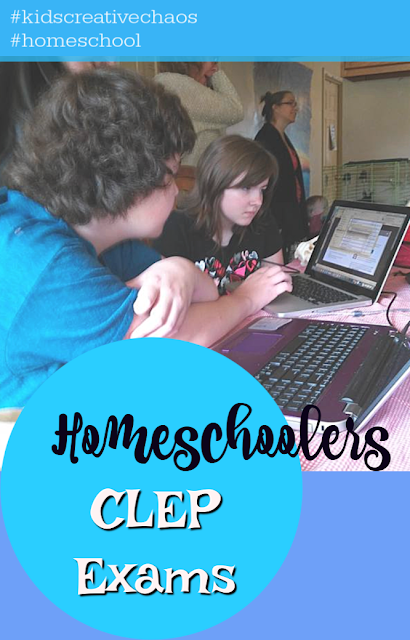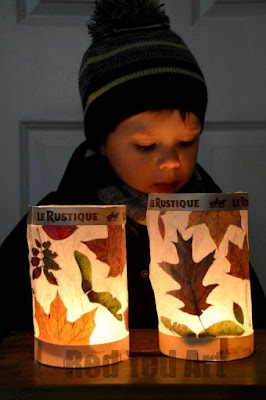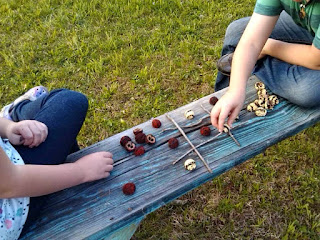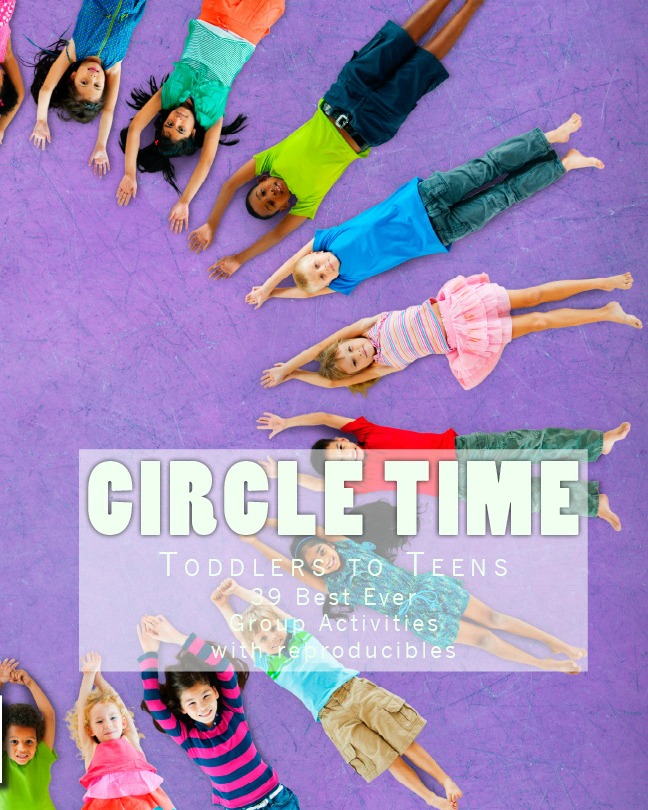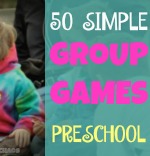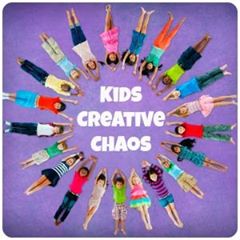Outside Projects for Homeschoolers
When the days are warmer and longer, the beautiful sunny weather makes homeschool lessons more and more difficult to do indoors. Why sit inside and stare at textbooks when you can teach your kids some lessons in the great outdoors? We've got summer homeschool projects to get your kids outdoors and enjoying the fresh air. Read on for homeschool activities you can do outside with the kids!
This post contains Amazon affiliate links.
Whether you’re teaching homeschool science, math, or life skills, we’ve compiled a list of some homeschool projects to get your kids outside and learning at the same time!
Grow a Kid-Friendly Garden
Gardening with kids is educational and a good mental and physical workout. Not to mention, digging around in the dirt and planting some flowers with your kids is just good old fashion fun! The internet is full of all sorts of different gardening lesson plans, and you can make this homeschool project as simple or complex as you want.
Photo by Nikoline Arns on Unsplash
However, sometimes keeping it simple is the best way to get your kids engaged in a project. Start by building a raised garden bed that is all theirs. If they’re old enough, have them help you put the bed together. This gives them the opportunity to explore their carpentry skills! Next, plant some easy-to-grow vegetable seeds or starts such as beets, potatoes, tomatoes, green onions, beans, and kale.
When the time comes to harvest your plants, you’ll be able to teach your kids a bit about the food industry, and they’ll make the connection that all the vegetables and fruits they eat have to be grown from seed before they make it to their plate!
Education-Based Nature Hike
Hikes are one of the best parts of summer. They get your heart pumping, work up a good sweat and the view at the top of the mountain is always breathtaking. While hiking will definitely fulfill your kids’ PE requirement, it’s also a great time to explore your area’s local climate! Depending on where you live and where you choose to hike, there will be a few different homeschool lessons you can teach. Check out this list of ideas to get started!
Do a Beach Treasure Hunt
As a kid, you probably remember going on a field trip or two to the beach to look for seashells and hermit crabs. The beautiful weather is a great excuse to go do a little hands-on marine biology lesson!
Photo by Manki Kim on Unsplash
Create your own treasure hunt and have your kids explore the area to find everything on the list. Not only will they learn more about your local environment, but they’ll burn off all that energy by running around trying to collect all their items!
Outdoor Art Projects
Your kids love art projects. They’ll love them, even more, when they get to do them outside! There are a variety of different art projects that utilize plant material to create something beautiful. Some tried and true classics include painting rocks, sun prints, and nature sculptures.
Visit Some Local Historical Landmarks
Who says history lessons have to be taught out of a textbook? Take your kids on a trip to some local landmarks to teach them a little bit about your town’s unique history.
Photo by Michał Parzuchowski on Unsplash
Get in touch with your local museum to see what programs they have going on for kids during the summer. Or, take a day trip to your state’s capital or nearby national or state parks.
Tried and True Baking Soda and Vinegar Volcano
Sometimes the classics are hard to beat. Kids love watching stuff explode, but having to clean up the ensuing mess may be a turn-off. Take the mess outside and teach them a little bit about chemical reactions with a baking soda and vinegar volcano. There are hundreds of tutorials on the internet, and this project can be as simple as using a 2L bottle or as complex and crafting a paper mache volcano to go along with the experiment!
Build a Compost Bin
I didn’t realize it at the time, but when we built a compost bin in my 7th-grade science class, I learned so much about building healthy soil and the benefits of compost! Not only will building a compost bin give your kids some experience with woodworking, but they’ll have the first-hand experience of watching kitchen and yard waste turn into a valuable soil additive.
Photo by Markus Spiske on Unsplash
Finish off the lesson by having your kids add your homegrown compost to the garden and observe how the plants respond. Have them predict ahead of time what they think will happen and then help them keep a log of the plant growth and changes.
Bird Watching and Identification
During lunch, take the opportunity to sit outside and do a bit of bird watching! Install a few bird feeders around your yard and you’ll be surprised to see how many of them flock to the seeds. If you can get close enough, you can even make a project out of identifying them. Find a local bird guidebook and have them check off all the different species they find. Or, get out of the house and visit a bird sanctuary.
Take Your Regular Lessons Outdoors
Sometimes getting out and enjoying the outdoors is as easy as taking your regularly scheduled lesson plan outdoors! Establish an outdoor area that your kids can study at without baking in the sun. Consider installing a hardtop gazebo and building a high-quality outdoor table that your kids can comfortably study at.
And when the school day is over, that same gazebo and table can offer your guests a place to hang out on those long summer nights. In the rainy season, you can still use that outdoor space to complete messy projects that you don’t want to do indoors.
What projects are you planning for your kids this upcoming summer? Let us know in the comments below!
Bio: Leigha Staffenhagen is the managing editor of Insteading.com, a homesteading and sustainability site focusing on everything from gardening and raising chickens to tiny homes and off-grid living.
Recommended:
Get Outdoor Games for the Family
Homeschool Projects and Activities from Kids Creative Chaos
Our Favorite Homeschool Books
Indiana Field Trip Activities
Get Outdoor Games for the Family
Homeschool Projects and Activities from Kids Creative Chaos
Our Favorite Homeschool Books
Indiana Field Trip Activities




